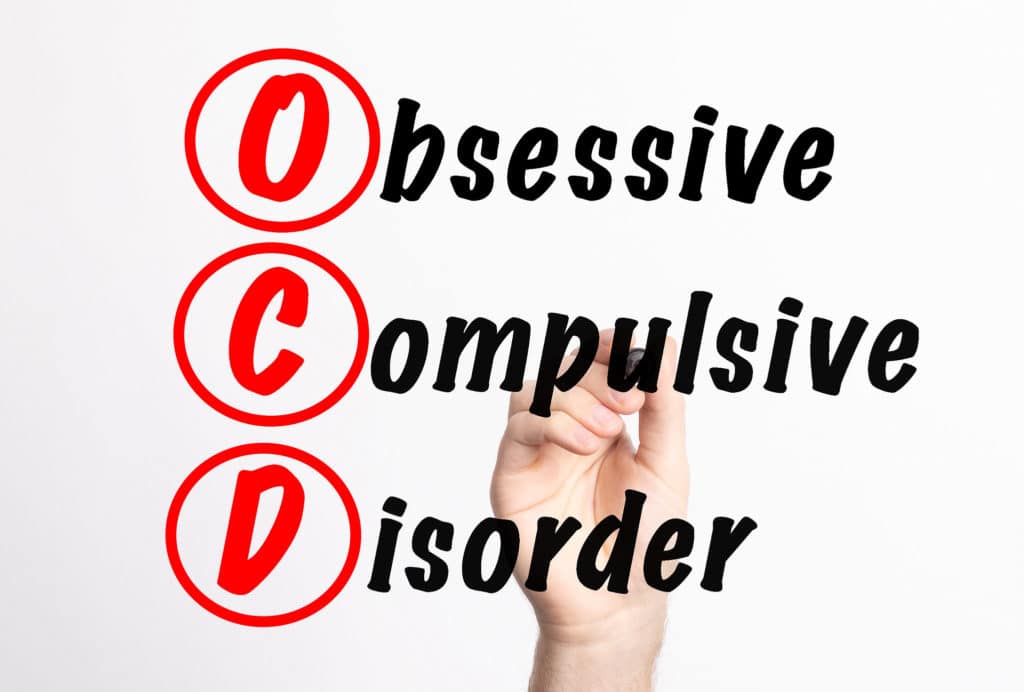Today we’re going to discuss what causes OCD. Many people around the world have been diagnosed with OCD or having OCD tendencies, but what is OCD, and what causes OCD? We’re going to dive into this topic and tell you everything you need to know about this mental illness.

What is OCD?
OCD is characterized by having an extreme tendency of being perfect, such as perfectionism with exams, goals, or projects one might be working on. OCD is someone who has the habits of excessive orderliness which comes out in perfectionism and having great attention to detail that goes beyond a reasonable level of attention to detail.
What Causes OCD?
Research has shown that OCD is caused when the front of the brain has ineffective communication with the deeper part of the brain. These structures use a chemical called serotonin. This is why most people with OCD are treated with cognitive behavioral therapy or prescription medication that helps improve the serotonin in their brain.
Some research suggests that genetics do play a slight role in OCD. While genes can be carried down within the family, it’s only a slight part of what causes OCD. No one has been able to figure out the causes of OCD but it’s been suggested that illness, trauma, and ordinary stress of life could be a culprit.

There has been research that shows OCD that starts in childhood is much different than OCD that shows signs in adulthood. Each has a unique difference that’s only recently been discovered.
While OCD is still listed as a mental illness, many experts feel that OCD is more of a mental disorder than an illness. OCD provides the person with intrusive thoughts. These intrusive thoughts dictate how a person responds to their current environment.
With a disconnect or issue with how the front brain communicates with the deeper portions of the brain, the person ends up having an extreme desire to be perfect, have everything aligned just right, and can often be overly stressed due to these intrusive thought patterns.
In conclusion, OCD can be caused by a multitude of things but no one knows for sure who this mental illness comes to be within certain human beings. Some experts feel that trauma, stress, or illness can cause a person to start being OCD as a coping mechanism.

Being perfect, having everything aligned, and being overly cautious about what you do to the point that you’re living a very rigid, planned lifestyle can help people feel secure and safe. Although this would create a pattern of stressful behaviors and thoughts, people with OCD seem to lack control over how extreme they go.
This is why most OCD patients are treated with a prescription medication that handles the chemical response in the brain while cognitive behavioral therapy can help patients learn healthy coping mechanisms with this mental illness.
